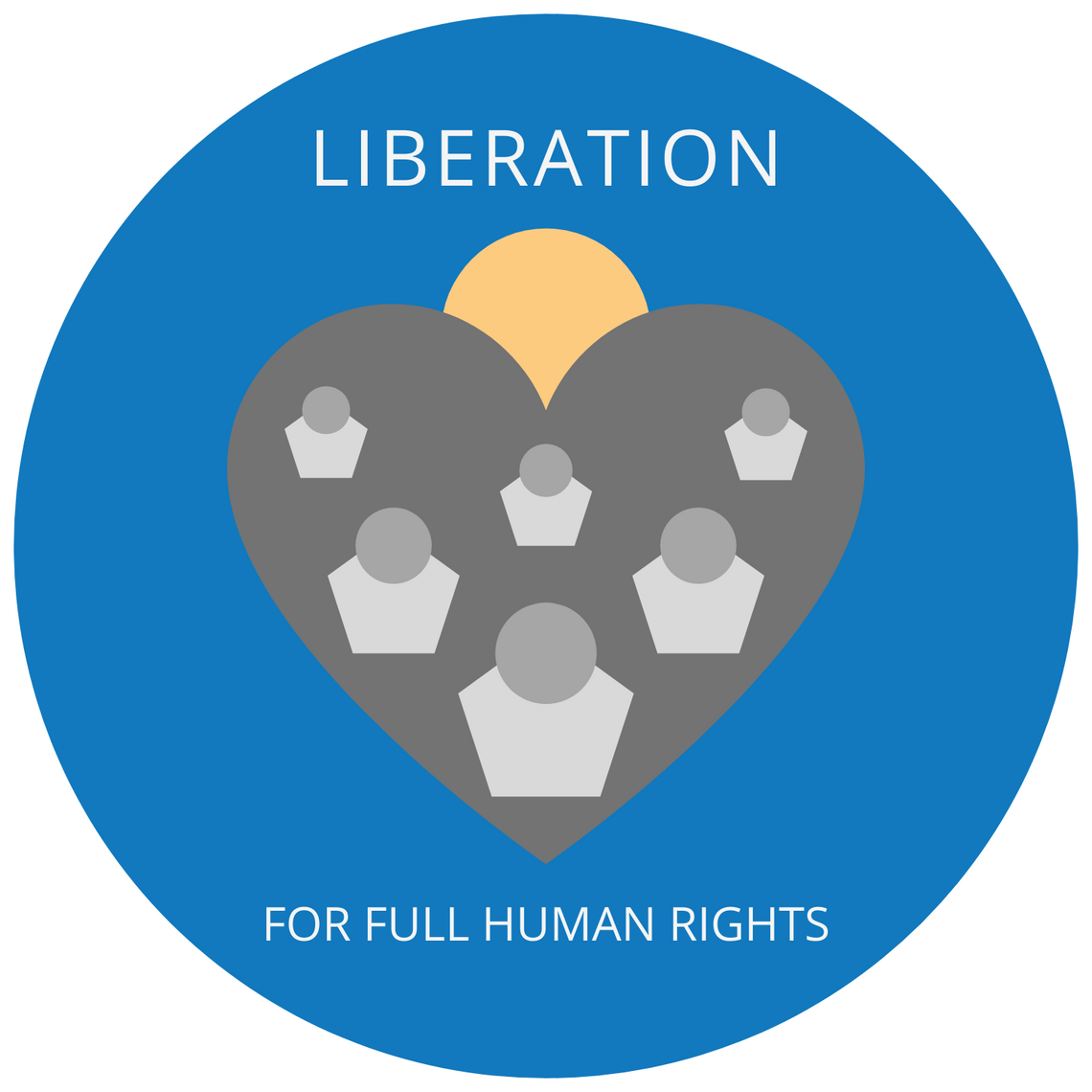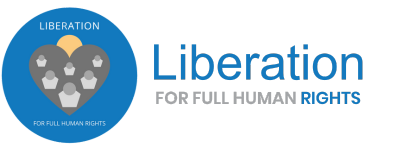Joint Committee recommendations for the draft Mental Health Bill[1]
The draft Mental Health Bill is itself in serious breach of basic human rights. Instead of putting forward the fundamental reforms that are needed if people in mental distress and people with learning difficulties/neurodivergent people are finally to have full human rights, the draft Bill rests on the assumption that improvements to the current Mental Health Act (MHA) are enough. But ‘improvements’ can in no sense be adequate when an Act is rooted in discrimination, as the MHA 1983 is.
Sadly, but not surprisingly the Joint Committee has also limited itself to recommending improvements to the Bill, at least for the time being, instead of calling for root and branch reform without further delay. Some of the Committee’s proposals represent what might be seen as partial steps forward. For example, the Committee recommends legal standing for the four Principles in the draft Bill: choice and autonomy, least restriction, therapeutic benefit and the person as an individual. However, ‘autonomy’ is still defined as having more choice, not given its usual meaning of full freedom to choose, which sets a dangerous precedent.
The Committee proposes clearer definitions of the revised detention criteria in the draft Bill and using both criteria for Part Three patients[2], too, instead of just the criterion about treatment. However, the Committee still supports detention and involuntary treatment in psychiatric hospitals based on someone’s disability. That is a breach of Disabled people’s human rights. One reason seems to be that the Committee’s approach remains rooted in deeply flawed assumptions about risk[3]. In addition, Committee members wrongly describe a call to end these forms of coercion as an interpretation which the Committee for the United Nations Convention on the Rights of Persons with Disabilities (UNCRPD) has made of the Convention, instead of recognising that ending them is intrinsic to the Convention itself.
The Joint Committee recommends that people who have been detained in hospital are given a statutory right to draw up Advance Choice Documents (ACDs), but for the purpose of expressing treatment choices, not for refusing detention. In addition, clinicians would still be able to overrule these treatment choices. The Committee’s recommendation also remains based on a mental capacity approach (that patients must be judged to have ‘mental capacity’ when they make an ACD). Here and elsewhere in their recommendations, the Committee fails to recognise that people in mental distress and people with learning difficulties/neurodivergent people should retain the same legal rights as anyone else (what is known as legal capacity) regardless of judgements about mental capacity. A genuinely positive Committee recommendation is to abolish Community Treatment Orders (CTOs) for Part Two patients now and very probably for Part Three patients in the longer term.
The Committee has made some further proposals for people with learning difficulties and neurodivergent people. It has suggested a government review of the Mental Capacity Act (MCA): to address the risk that this Act might now be used instead of the MHA to detain people with learning difficulties/neurodivergent people for prolonged periods. (The draft Bill rules out detaining people with learning difficulties/neurodivergent people for treatment, unless they have been given a mental health diagnosis as well.) However, the Committee also suggests that people with learning difficulties/neurodivergent people might be detained longer for assessment, if in ‘exceptional circumstances’. The Committee has tried to bolster further the draft Bill’s focus on the need for increased community provision for people with learning difficulties/neurodivergent people; this is one of the stronger parts of its recommendations.
The Committee has proposed more of an intersectional focus for the draft Bill, though its proposals still fall short of tackling intersectional discrimination in the depth needed. It has suggested amending Section 118 of the MHA to include respect for racial equality in the items which the Code of Practice requires the Secretary of State to address. It has, too, suggested giving patients from racialised communities a statutory right to culturally appropriate advocacy and made one or two recommendations about tackling other types of intersectional discrimination as well.
The Committee is calling for adequate resourcing of reforms, comprehensive further training for the workforce, improved data collection and clear programmes of action which include processes for monitoring the impact of changes. The Committee also emphasises the need for increased community provision, particularly in the case of people with learning difficulties/neurodivergent people. However, its claim that successful enactment of the draft Bill should have a ‘transformational impact on mental health services’ seems rather detached from reality. Its recommendations remain based on the European Convention on Human Rights (ECHR) not the UN Convention, still draw on a medical, not a social model, and continue to be in breach of major human rights, because they are limited to further improvements.
A fundamental flaw, too, is that the Committee’s recommendations fail to give a frontline role to organisations led by people who have used mental health services, people with learning difficulties and neurodivergent people, both in general and in relation to the new role of a Mental Health Commissioner which Committee members have suggested. As a result, the recommendations feed into a patriarchal, top-down model and are again in breach of the UN Convention.
One Committee justification for going ahead with the draft Bill is the welcome which most respondents have apparently given to it. However, that ignores a persistent problem with consultations about mental health reform. Probably the larger number of people directly affected by mental health law are unaware of fundamental rights which they hold under the UN Convention, which means that they have not been given the opportunity to make informed choices during consultations. Similarly, there is a concerning rate of ignorance about the Convention among many mental health professionals and in mainstream charities.
A second justification which the Committee has used is that the proposed reforms are too urgent to wait. However, the extent of evidence about serious neglect and abuse in psychiatric hospitals[4] which has been hitting the media recently could not show more clearly that the draft Bill will fail to address what is actually needed. The Committee has recommended more fundamental reform to the MHA in the long term However, fundamental change is needed right now. In addition, it is not clear that the Committee intends full compliance with the UN Convention even in the future. Its specific recommendation is to move towards ‘more fused and rights-based’ mental health legislation. However, fusion law is not compliant with the Convention and the Committee has not defined what it means by ‘more rights-based’ reform of mental health law.
Dorothy Gould: Founder of Liberation

[1] This relates to adults, because Liberation is an organisation for adults.
[2] Part Three patients are people in the criminal justice system, or other forms of custody such as immigration removal centres.
[3] There is a lack of adequate research evidence that detention in psychiatric hospitals and forced treatment prevent risk.
[4] In relation to Essex psychiatric services, the Edenfield Centre at Prestwich Hospital, the Huntercombe Group and the Tees, Esk and Wear Valleys NHS Foundation Trust.
